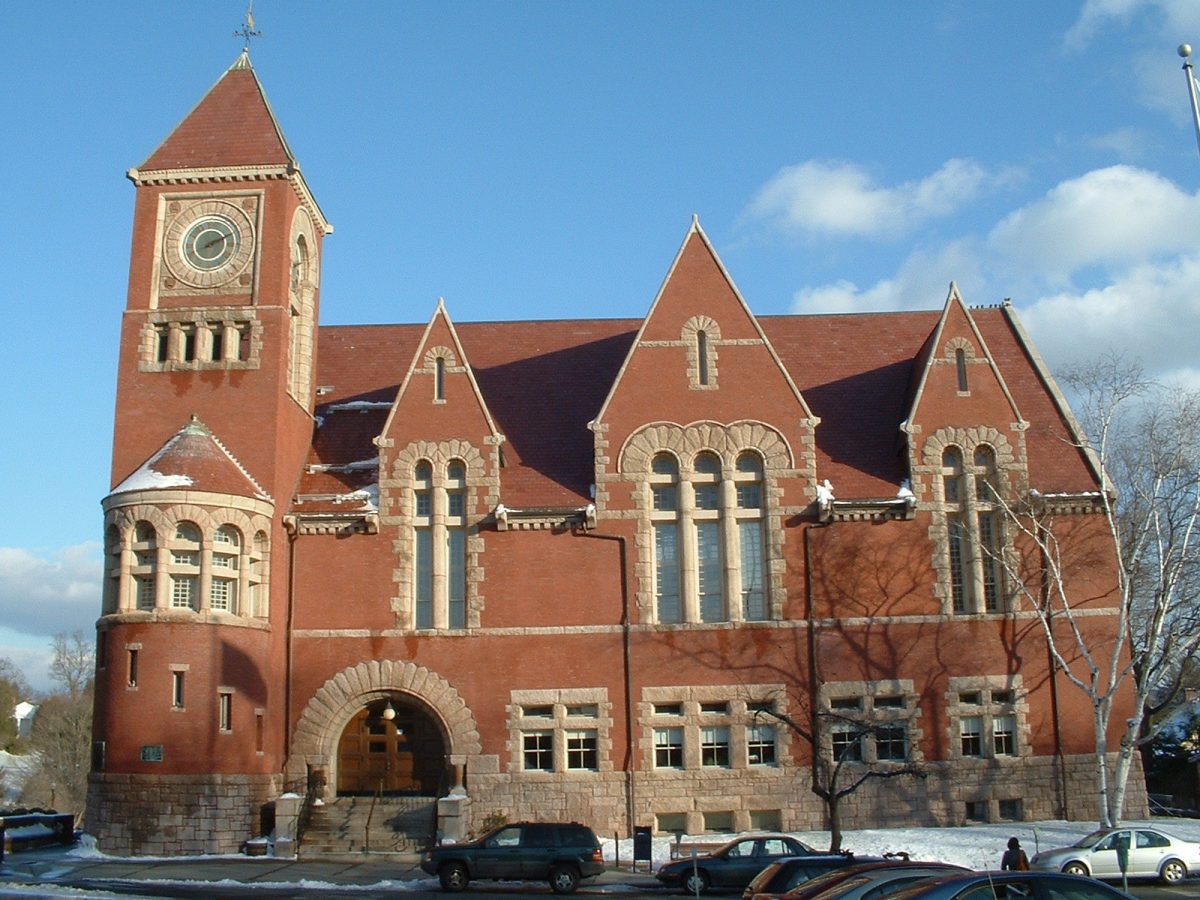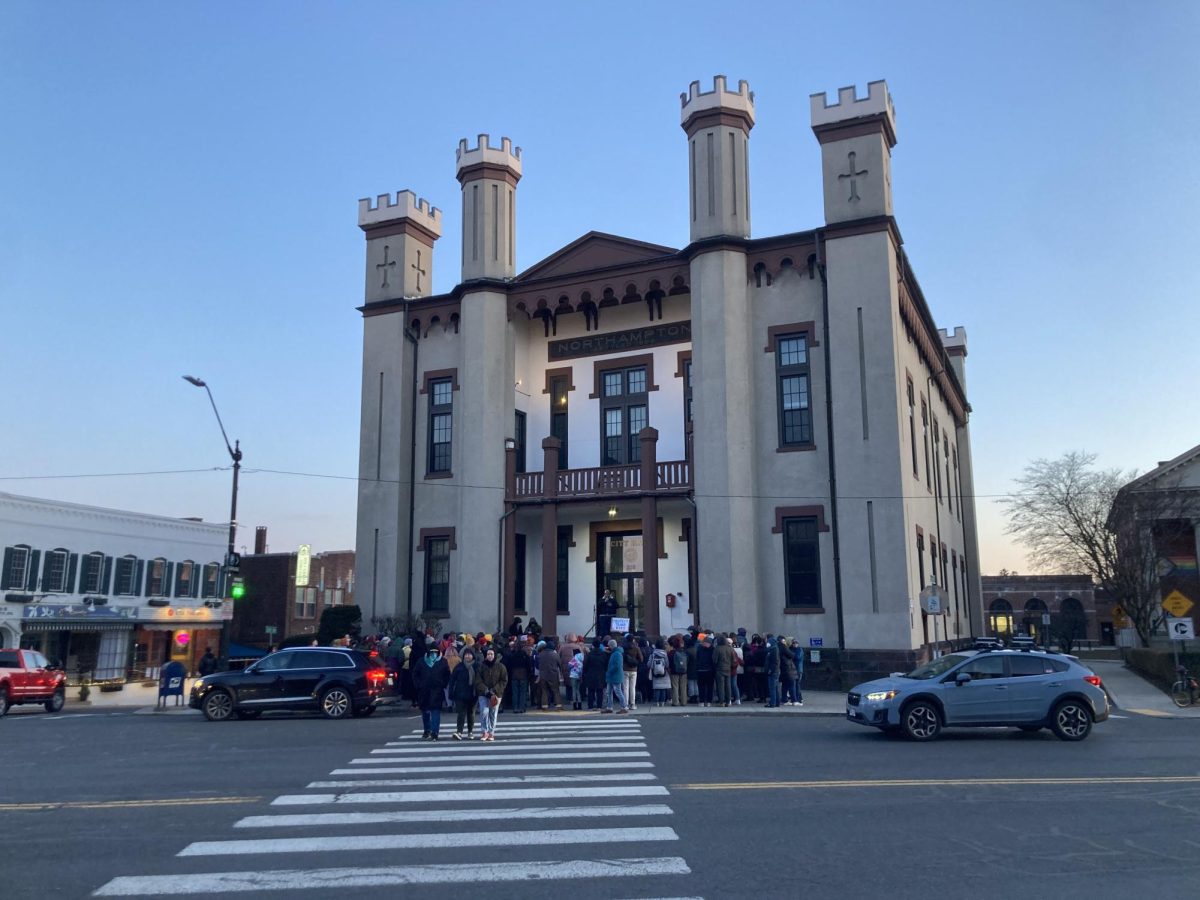As Congress continues to argue over the budget, the possibility of a partial government shutdown looms over the nation.

The 2013 fiscal year ends at midnight on Monday, and if a budget cannot be agreed upon and signed by President Obama by then, some programs will end on Tuesday and cannot resume until a budget is agreed upon.
Question: Will the entire government grind to a halt on Tuesday?
Answer: Not quite. All but “essential” services will stop functioning. Programs that are funded automatically each year, such as Social Security, Medicare and Medicaid, will escape major cuts. But agencies that require Congressional appropriations every year, from the Pentagon to the National Park Service, will suffer from the partial government shutdown.
Federal agencies have been working over the past couple weeks to determine which functions are “essential” and which may be cut if a government shutdown occurs. “Essential” functions primarily include roles that protect public safety, critical foreign relations and protecting property. Employees who perform these functions will continue to get paid, such as the military, police and firefighters.
What closes and what stays open is officially decided by the Office of Management and Budget, so it remains unclear exactly what will continue to function. USA Today predicts that 41 percent of non-defense employees will be furloughed, or stop getting paid.
Q: If this is such a big deal, why have Congress and the President not done anything about it?
A: They have been trying, but the problem is partisanship. Republicans see one solution to the problem and Democrats see another, as it is with many other issues as well.
On Sept. 20, the House approved a temporary solution to the budget crisis, or a continuing resolution (CR), that would have extended the deadline until mid-December. The problem with this solution, however, was that it would have to cut funding necessary to implement the Affordable Care Act, scheduled to start on Tuesday, and Democrats did not approve of this.
The Senate rejected the Sept. 20 CR and approved a different CR on Friday that would have continued funding to the Affordable Care Act.
Over the weekend, the House approved another CR, cutting some of the funding for the Affordable Care Act again. The Senate will reconvene at 2 p.m. on Monday to review the new House-approved CR.
Q: How long would the shutdown last?
A: It is impossible to know until it ends. The longest shutdown was in Dec. 1995 to Jan. 1996 lasting 21 days, but the shortest have lasted only one day.
Q: So government shutdowns have happened before?
A: There have been 17 government shutdowns since 1976. The most recent government shutdown was in 1995-1996, which came after a previous five-day shutdown in Nov. 1995. A disagreement between former President Bill Clinton and former House Speaker Newt Gingrich over government spending cuts was the cause of these shutdowns.
Q: Will classes be cancelled at the University of Massachusetts during a government shutdown?
A: During the shutdown from Nov. 13 to Nov. 19, 1995, the University remained open, so it is most likely that in a government shutdown, UMass would remain open and classes would continue.
Q: How will student loans be affected?
A: Immediately, student loans will not be affected by a government shutdown. A prolonged shutdown, however, could spell trouble for those receiving Pell Grants and Direct Student Loans because there would not be enough personnel to process the paperwork necessary for the loans. Payment would be delayed for some loans. Overall, however, loans would continue to be paid out because of permanent and multi-year appropriations.
Q: So what exactly will a government shutdown affect?
A: On Friday, the Interior Department announced that all national parks and federal wildlife reserves would be shut down for the duration of a government shutdown. During the shutdown in the mid-1990s, about 9 million people were turned away from museums, national parks and monuments run by the National Park Service.
About 40 percent of the United States’ 2 million federal employees would be furloughed. In the past, lost pay has been restored to workers retroactively but there is no guarantee that the government will do the same this time around.
Active-duty military personnel will remain on duty but will not be paid until a deal is approved by Congress and signed into law by the president. The majority of civilian employees of the Defense Department will be furloughed, except for active National Guard units, who must continue to work.
Delays in processing paperwork for passport and visa applications, gun permits and mortgage applications are also possible.
Staffers for Congress and the White House may also be required to stay home, but President Obama and members of Congress are exempt from furloughs.
Patrick Hoff can be reached at [email protected].



















mike • Sep 30, 2013 at 2:27 pm
Wrong. Military will still be paid